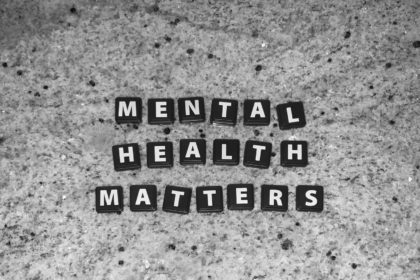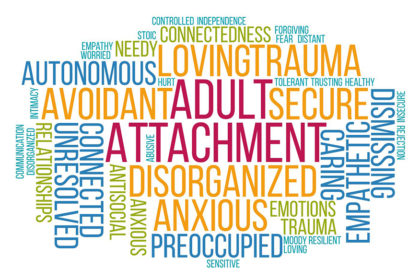What is self-care? Self-care is the process of taking care of oneself both physically and mentally by incorporating daily healthy behaviors to aid in the coping and well-being of everyday life.
Our daily responsibilities such as work, family, house chores etc. can take up most of our time but when do you make time for yourself? After having my youngest son 4 months ago my self-care went out the window. It was not intentional, I just did not have the energy or time to take care of myself. I became irritable and grouchy and there began the negative self-talk. It was then that I knew I was not in a healthy place and I needed to work on myself in order to be better and more present.
Self-care can be simple things, things that you enjoy. Some examples of self-care can be working out, eating a balanced meal, relaxation techniques, breathing exercises, watching your favorite show, anything really that helps you recenter yourself. This practice helps relieve stress and keep you grounded. Being grounded means that you are mentally and emotionally stable.
Did you know that there are 8 main areas of self-care? They are: physical, psychological, emotional, social, professional, environmental, spiritual and financial.
Physical
Physical self-care is any activity that involves moving the body, health, nutrition, sleep and any resting needs.
Examples: Going for a walk
Bath/Hygiene
Sleep
Eating nourishing foods
Psychological
Doing anything that involves learning and thinking, being self-aware.
Examples: journaling
Meditation
Reading
Asking for help when needed
Emotional
Take the time to be aware of your thoughts and feelings.
Examples: Reflect
Boundaries
Practice gratitude
Affirmations
Social
Forming relationships (your network) of people that you trust and can turn to when you need them.
Examples: Communication
Spending time with family and friends
Healthy boundaries
Professional
Things that you can do in the work setting to create a healthy work life balance as well as managing stressors and an overall healthy environment.
Examples: Professional boundaries
Negotiating needs (take that mental health day!)
Professional developments
Take your break (don’t over exert yourself)
Environmental
Take care of the space around you, to create a positive mood and overall well-being.
Examples: Organize/declutter home and work space
Clean
Light a candle
Donate clothes
Spiritual
Beliefs and values that are important to you.
Examples: Meditation
Journal
Take a walk
Cleanse the energy of your space
Financial
Be responsible with your finances and develop good habits to reach your financial goals.
Examples: Track your money
Spend wisely
Save money
Pay bills on time
Invest
There are many benefits to practicing self-care, as previously mentioned it helps maintain emotional stability but it can also improve physical health as well. Self-care decreases stress and anxiety and can change your approach to daily stressors and boost your self-esteem. When you habitually do these practices, whichever work for you, you will see the significant improvement to your mental health and overall well-being.





